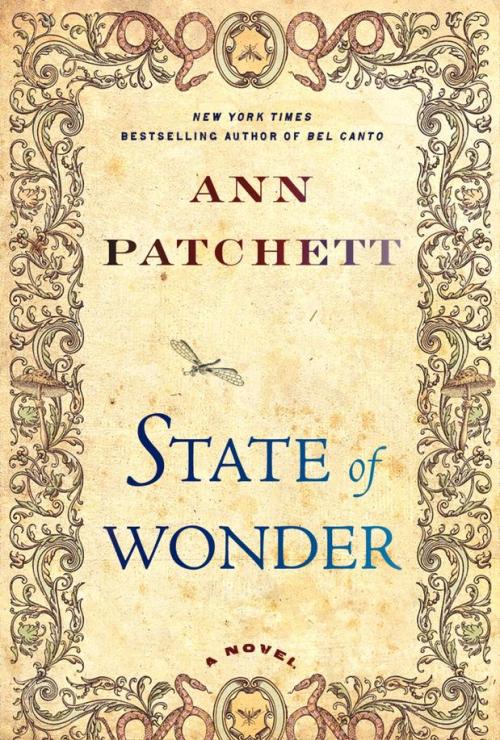Ever since a shipwrecked Robinson Crusoe scrambled ashore and found Friday, the novel has been exploring lost continents in search of what’s missing at home.
Anybody who has read Ann Patchett’s masterfully constructed “Bel Canto” won’t be surprised to learn that in “State of Wonder,” her latest novel, she, too, has made an outbound voyage.
“Bel Canto” revolved around a hostage crisis in an unnamed city resembling Lima. The result was an unlikely gathering of guerrillas, politicians, tycoons and artists, who took advantage of their otherworldly holiday from everyday constraint to redraw and even erase the lines dividing them.
The magical kingdom evoked in Patchett’s new novel is Amazonia, where the 73-year-old Dr. Annick Swenson is living among the Lakashi, an isolated tribe whose women are able to conceive “well into their seventies.”
Bankrolled by Vogel, a Minneapolis pharmaceutical company, Swenson is supposed to be figuring out how to bottle this miracle so that it can be brought to market. But her secret location makes her hard to reach, and she doesn’t really want to be found.
Vogel dispatches a research physician to check on the status of Swenson’s research. When news comes back that a fever has killed this emissary, his officemate ― 42-year-old Marina Singh ― is sent south to finish the job.
It’s a daunting assignment for a woman who has lived her life between the lines.
“Marina put her faith in data, the world that she trusted was one that she could measure,” the narrator tells us. “But even with a truly magnificent imagination she could not have put herself in the jungle.”
 |
“State of Wonder” by Ann Patchett. |
Not to worry, because Patchett has such an imagination, and while her novel takes far too long to reach Amazonia, it vividly brings that world to life once we get there. Here is her description of the insects greeting Marina when she arrives:
“At dusk the insects came down in a storm, the hard-shelled and soft-sided, the biting and stinging, the chirping and buzzing and droning, every last one unfolded its paper wings and flew with unimaginable velocity into the eyes and mouths and nose of the only three humans they could find.”
With its onomatopoeia and its cascading series of perpetually moving participles, this sentence embodies what it describes, on paper wings that madly careen toward those of us reading an actual physical book.
“Wonder” is less successful in breathing life into most if its characters, including Marina, whose transformations and dilemmas ― should she go to the Amazon and should she stay, once there ― can seem arbitrary. Ditto Marina’s relationships with a host of minor characters, none of whom has sufficient heft to truly challenge how she sees the world.
The lone exception is Swenson herself, a demanding taskmaster who was once Marina’s teacher. Patchett’s account of the charged and often unstable teacher-student dynamic ― and of the unhealthy hero worship it can engender ― is spot on.
Swenson also is impressive in her own right. Seemingly cold and unfeeling, she is capable of extraordinary empathy and finely calibrated moral distinctions.
Through Swenson, Patchett asks difficult and nuanced questions about the fine line between well-intentioned humanism and cultural imperialism, the role of pharmaceutical companies and the scope of one’s duty to an employer.
To her credit, Patchett leaves these questions open-ended. I can’t say the same for the plot, which features an improbably neat ending.
Improbable ― but also moving. Given the many nods to Dickens in this novel,
that may be Patchett’s point. As Marina will learn and as every reader of fiction knows, to exist in a state of wonder one must first suspend disbelief.
By Mike Fischer
(Milwaukee Journal Sentinel)








